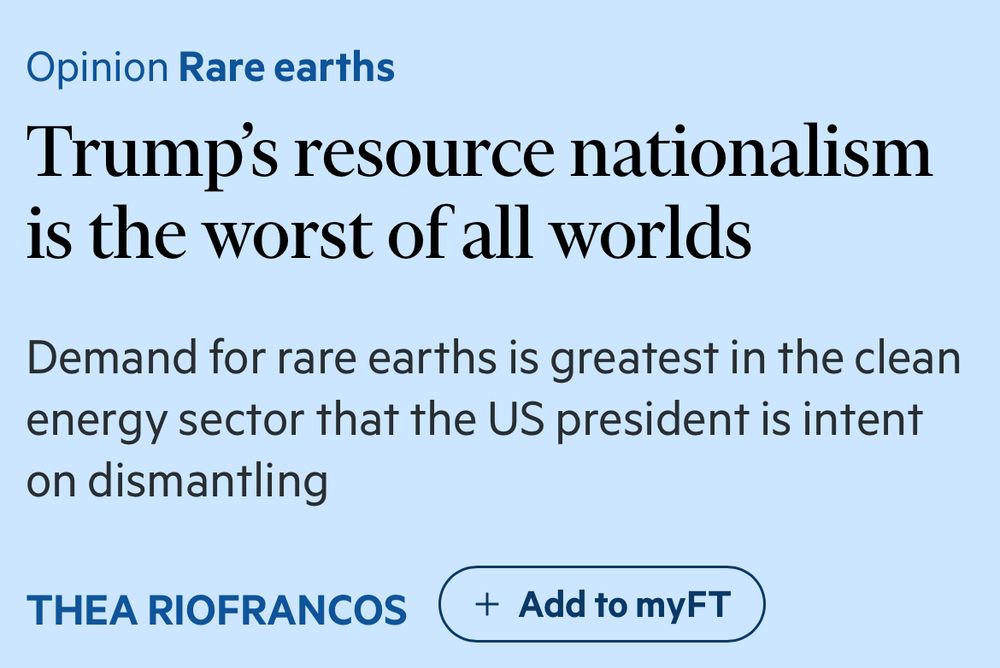
www.tandfonline.com/doi/full/10....



Enduring Structural Power? Assessing the Dominance of the Anglosphere in Global Finance Before the Trump Turn
Includes novel visualizations of global finance (banking, portfolio inv & FDI) showing persistent US centrality
hrcak.srce.hr/clanak/487488




Enduring Structural Power? Assessing the Dominance of the Anglosphere in Global Finance Before the Trump Turn
Includes novel visualizations of global finance (banking, portfolio inv & FDI) showing persistent US centrality
hrcak.srce.hr/clanak/487488





Maar werkgeversbijdragen aan sociale zekerheid: 50% → <40%
Gevolg: overheid vult het gat met hogere belastingen of schulden.
Geen economische wet, maar politieke keuze.
Tijd voor eerlijk debat: wie draagt bij, wie profiteert?

Maar werkgeversbijdragen aan sociale zekerheid: 50% → <40%
Gevolg: overheid vult het gat met hogere belastingen of schulden.
Geen economische wet, maar politieke keuze.
Tijd voor eerlijk debat: wie draagt bij, wie profiteert?
www.tandfonline.com/doi/full/10....

www.tandfonline.com/doi/full/10....
www.tandfonline.com/doi/full/10....

www.tandfonline.com/doi/full/10....
We all know the 2022 energy price shock fueled the cost of living crisis. It also caused a profit bonanza for the very rich. We show the US reaped the largest profits ($377bn) of any country. 50% went to the richest 1%, only 1% to the bottom 50%. A🧵 www.sciencedirect.com/science/arti...

We all know the 2022 energy price shock fueled the cost of living crisis. It also caused a profit bonanza for the very rich. We show the US reaped the largest profits ($377bn) of any country. 50% went to the richest 1%, only 1% to the bottom 50%. A🧵 www.sciencedirect.com/science/arti...
Find out in our new article just out in @govjournal.bsky.social
onlinelibrary.wiley.com/doi/full/10.... @donatodc.bsky.social
Find out in our new article just out in @govjournal.bsky.social
onlinelibrary.wiley.com/doi/full/10.... @donatodc.bsky.social
That number is misleading, as Smaghi explains. Lower intra-EU trade isn’t just about barriers but also consumer preferences for domestic products like food.
iep.unibocconi.eu/europes-inte...
That number is misleading, as Smaghi explains. Lower intra-EU trade isn’t just about barriers but also consumer preferences for domestic products like food.
iep.unibocconi.eu/europes-inte...
According to the WSJ, after a few years in which the earnings of the poor rose faster than the earnings of the rich, in 2025 the earnings of the rich have risen faster. In theory this should have resulted in a lower US trade deficit.
www.wsj.com/economy/us-e...

Skill-Biased Policy Change: Governing the Transition to the Knowledge Economy in Germany, Sweden & Britain
@ndurazzi.bsky.social @federicofiletti.bsky.social @simonetonelli.bsky.social David Hope, Hanna Kleider
onlinelibrary.wiley.com/doi/10.1111/...

Skill-Biased Policy Change: Governing the Transition to the Knowledge Economy in Germany, Sweden & Britain
@ndurazzi.bsky.social @federicofiletti.bsky.social @simonetonelli.bsky.social David Hope, Hanna Kleider
onlinelibrary.wiley.com/doi/10.1111/...


InvestEU uses public money and debt to guarantee profits for investors, claiming to unlock billions for the green transition.
But it is an illusion of climate action.
Read our full analysis ➡️ www.somo.nl/behind-investeus-trojan-logic/

Ik schreef voor NRC een essay over wonen als verkiezingsthema. Morgen in de krant, nu online:
www.nrc.nl/nieuws/2025/...

Ik schreef voor NRC een essay over wonen als verkiezingsthema. Morgen in de krant, nu online:
www.nrc.nl/nieuws/2025/...
jacobin.com/2025/08/cent...


jacobin.com/2025/08/cent...





